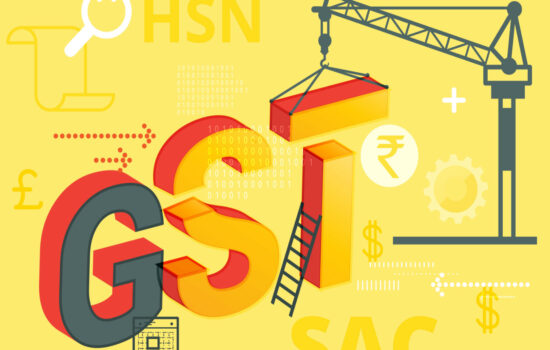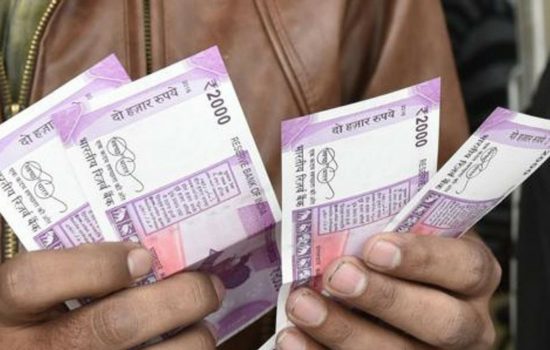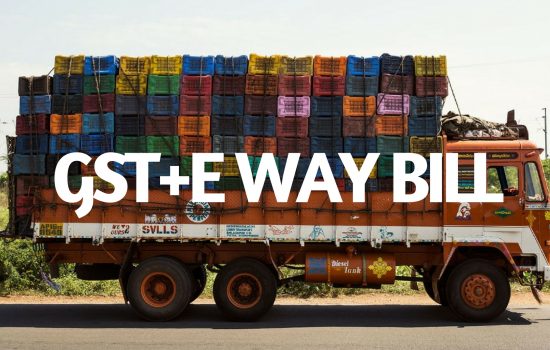Job Work under GST:- The manufacturing sector is the second-largest contributor to the Indian GDP. Many new initiatives taken by the Government in the form of Make-in-India, Invest India, Startup India, and e-biz Mission Mode Project under the national e-governance plan are facilitating investment and ease of doing business in the country.
Job work is an integral aspect of the manufacturing industry. Manufacturers usually outsource the whole or a part of their activity to a third person which turns out cost-efficient and helps them to be more productive by focusing on their core activities. This activity can be at any stage in the manufacturing cycle and the goods sent for job work can be raw materials or semi-finished goods or capital goods. The manufacturer sending the goods for job work is generally referred to as the ‘Principal’ and the person performing the activity of job work is called the ‘job worker’.
Many facilities and procedural concessions have been given to the Principal as well as Job worker.
Job work meaning under GST:
Section 2(68) of the CGST Act, 2017 defines job-work as ‘any treatment or process undertaken by a person on goods belonging to another registered person’.
Important Points to be remembered
- Tax: A registered person (“principal”) may under intimation and subject to such conditions as may be prescribed, send any inputs or capital goods, without payment of tax.
For the purposes of job work, input includes intermediate goods arising from any treatment or process carried out on the inputs by the principal or the job worker.
- Accounts: The responsibility for keeping proper accounts for the inputs or capital goods shall lie with the principal.
- Time Limit for Return: After completion of job work, the inputs or capital goods, other than moulds and dies, jigs and fixtures, or tools, shall required to be returned to the principal within 1 year and 3 years, respectively from the date of sending such goods to the job worker.
In case where the goods send have not been received back within the period as mentioned above, such goods will be treated as supplied to the job worker by the principal on the day when the said inputs were sent out and GST is required to be paid by the Principal.
- Removal of Goods: after processing of goods, the job worker may clear the goods to-
- Another job worker for further processing
- Dispatch the goods to any of the place of business of the principal without payment of tax
- Remove the goods on payment of tax within India or without payment of tax for export outside India on fulfillment of conditions.
- Input tax Credit (ITC): Principal shall be entitled to take the credit of input tax paid on inputs sent to the job-worker for the job-work. Even if the goods have been directly supplied to the job-worker without being brought into the premise of the principal.
- Wastage: Any waste and scrap generated during the job work may be supplied by the job worker directly from his place of business on payment of tax, if such job worker is registered, or by the principal, if the job worker is not registered.
- Intimation: The principal must submit to the Jurisdictional Officer, details of the description of inputs intended to be sent by the principal and the nature of processing to be carried out by the job-worker. Then, the principal can send goods for further processing or capital goods to the job worker under the cover of challan issued by the principal. Challan must be issued by the principal even for inputs and capital goods directly send to the job-worker.
Transitional provisions
Inputs, as such, or partially processed inputs which are sent to a job-worker prior to introduction of GST under the provisions of existing law [Central Excise] and if such goods are returned within 6 months from the appointed day [i.e. the day on which GST will be implemented] no tax would be payable. If such goods are not returned within prescribed time, the input tax credit availed on such goods will be liable to be recovered.
If the manufactured goods are removed, prior to the appointed day, without payment of duty for testing or any other process which does not amount to manufacture, and such goods are returned within 6 months from the appointed day, then no tax will be payable. For the purpose of these provisions during the transitional period, the manufacturer and the job-worker are required to declare the details of such goods sent/received for job-work in prescribed format GST TRAN-1, within 90 days of the introduction of GST.
Our Corporate Professional Team is ever willing to provide assistance on any issue concerning GST, Insolvency and Bankruptcy Law, Business Model Advisory in India and Abroad, Customs Law, Corporate & Commercial Advisory, IPRs. Secretarial Compliance, Agreement Drafting & Negotiations etc. you may write us on connect@lawyer.legallands.com,
Best Regards,
Corporate Professional Team







































